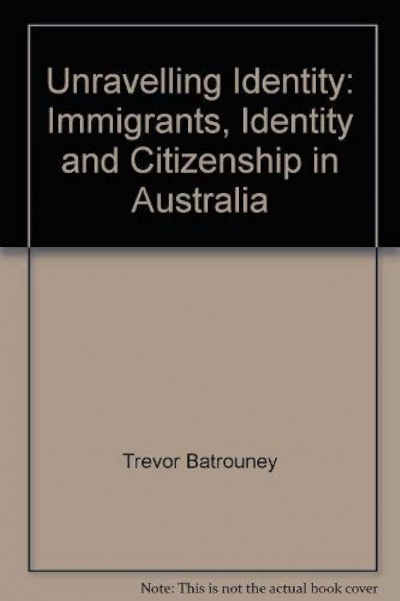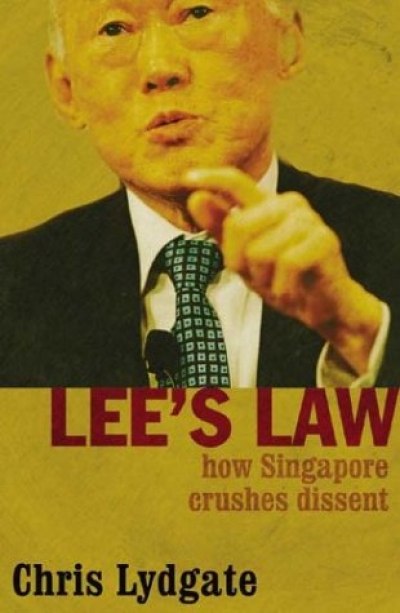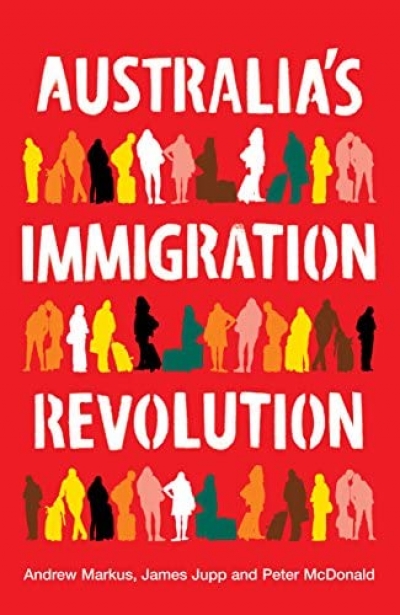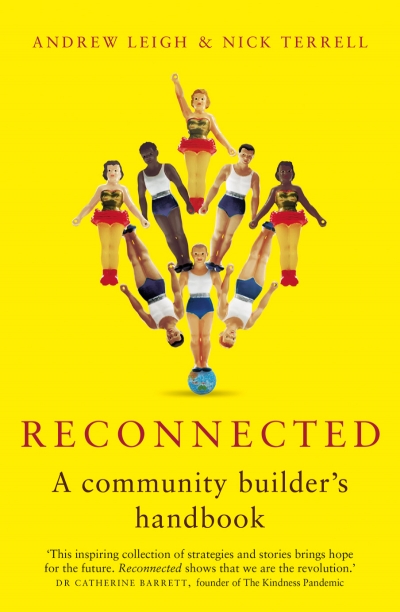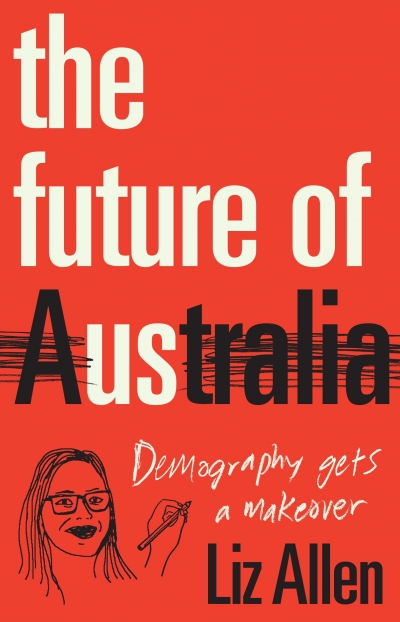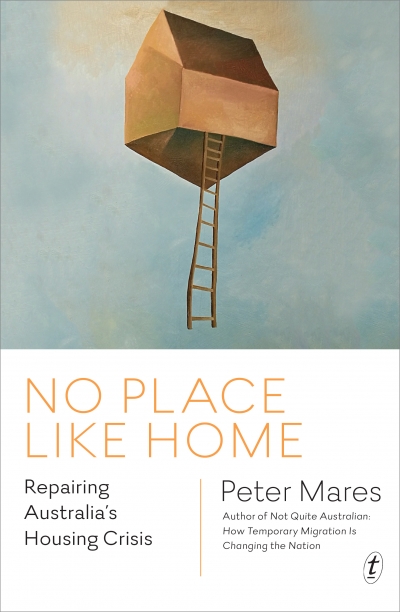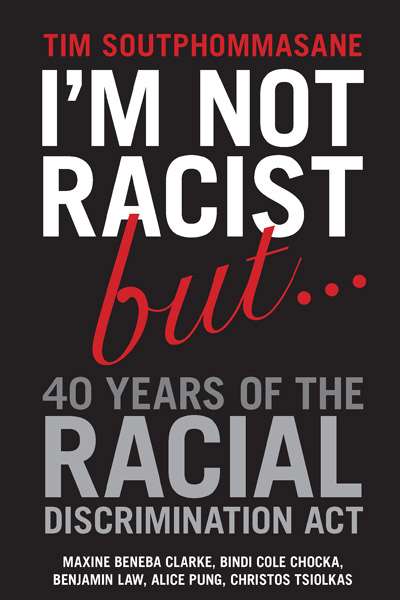Peter Mares
Peter Mares reviews 'Unravelling Identity: Immigrants, identity and citizenship in Australia' by Trevor Batrouney and John Goldlust, and 'Borderwork in multicultural Australia' by Bob Hodge and John O'Carroll
by Peter Mares •
I witnessed Australia’s inglorious exit from the World Cup in a packed Balmain Rugby Leagues club. Many in the crowd were sporting green and gold, and when it came time for the pre-match national anthem, the crowd rose almost as one to join in a well-oiled and full-throated rendition of Advance Australia Fair. I was glad that my ...
Lee's Law by Chris Lydgate & The Mahathir Legacy by Ian Stewart
by Peter Mares •
Australia's Immigration Revolution by Andrew Markus, James Jupp and Peter McDonald
by Peter Mares •
Reconnected: A community builder’s handbook by Andrew Leigh and Nick Terrell
by Peter Mares •
No Place Like Home: Repairing Australia’s housing crisis by Peter Mares
by Tom Bamforth •
Originally published in German, Albrecht Dümling’s The Vanished Musicians: Jewish refugees in Australia (Peter Lang), a fascinating compendium of Jewish musicians who found refuge in Australia in the 1930s and 1940s, is now available in Australian Diana K. Weekes’s excellent translation ...
... (read more)Not Quite Australian: How temporary migration is changing the nation by Peter Mares
by Maria O'Sullivan •
Offshore: Behind The wire on Manus and Nauru by Madeline Gleeson
by Peter Mares •
I'm Not Racist But ... 40 Years of the Racial Discrimination Act by Tim Soutphommasane
by Peter Mares •

